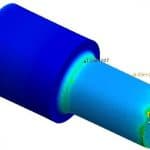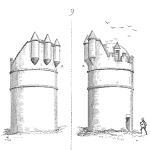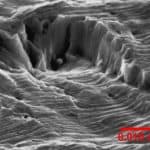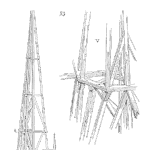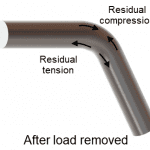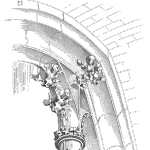
It looks like 2023 will be the hottest year on record. Along with all the cyclones, hurricanes, floods and bushfires we have already had. Those who study and take climate change seriously unanimously agree that man-made changes to the environment are causing the climate to change so fast that mother nature will struggle to keep up.
And for the minority (yes, it is a minority as has been confirmed by many surveys and studies across the world), their arguments against climate change go something like this …
It might not be because of us …
… so it’s definitely not because of us.
[Read more…]
